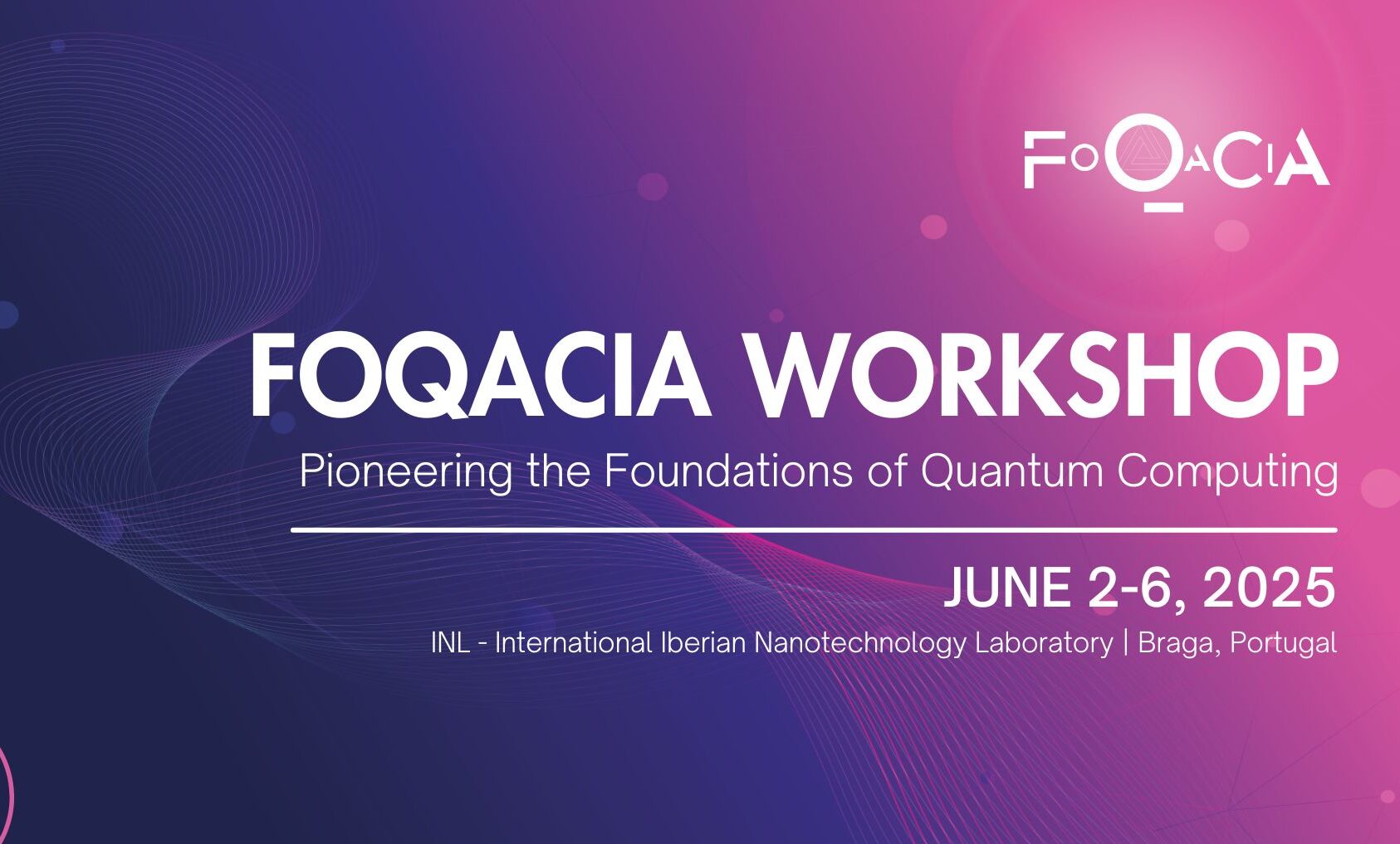On Friday, March 21, the INL – International Iberian Nanotechnology Laboratory Team brought their Scale Experiences Initiatives to the AltoMinho Science Fest. Visitors had the unique opportunity to meet the INL team, learn more about the laboratory, and immerse themselves in the world of science. Our team was represented by Mariam Debs, Head of Corporate Communication, Conferences, and Marketing, and Pedro Santos Sousa, Research Assistant of the Sadewasser Research Group. This first edition of the festival celebrated scientific culture in a unique event promoted by the Municipality of Arcos de Valdevez and the Centro Ciência Viva dos Arcos, with the support of CIM ALTOMINHO, the National Science Agency Ciência Viva, and CENFIFE. It was a true tribute to knowledge, curiosity, and creativity, bringing to the center of the debate some themes that mark the current agenda: artificial intelligence, space and astronomy, and technological trends that shape the future. Over three days, the Centro Ciência Viva dos Arcos transformed into a meeting point for scientists and researchers from various fields of Science, presented in an accessible and engaging way through Workshops, Lectures, Roundtables, Science Shows, Planetarium sessions, exhibitions, and a Science and Technology showcase. The event promoted dialogue between science, innovation, and society, […]
Read more


